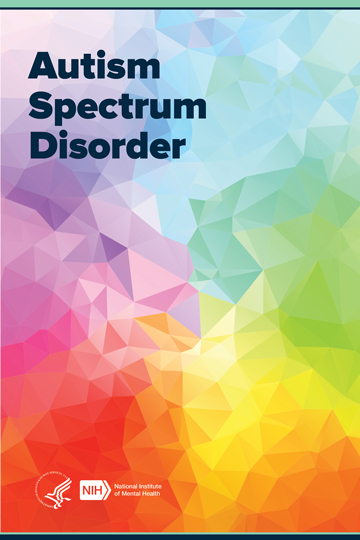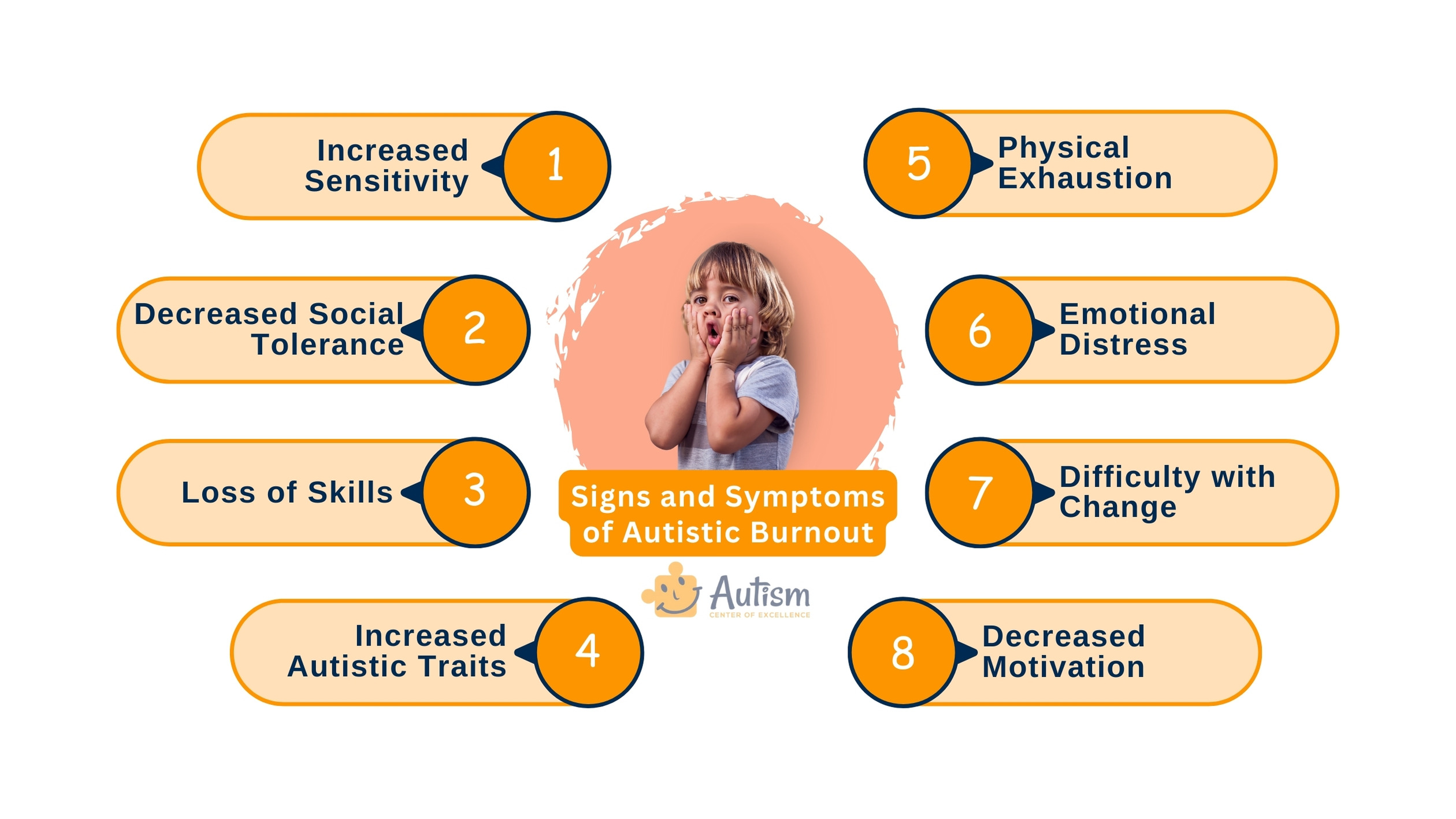Ways to recognize early communication signs and seek help from an Aba Therapist Near Me
Ways to recognize early communication signs and seek help from an Aba Therapist Near Me
Blog Article
Comprehending the Influence of Behavioral Autism on Day-to-day Live and Social Communications
You may not understand exactly how deeply behavior autism impacts everyday life and social interactions. Individuals on the range typically navigate a world loaded with communication obstacles and sensory overload. These challenges can lead to aggravation and isolation, affecting their connections and total health.
Defining Behavioral Autism and Its Qualities
Behavioral autism, frequently referred to as autism spectrum disorder (ASD), encompasses a series of conditions characterized by difficulties in social communication, interaction, and repetitive behaviors. You may observe that individuals with ASD typically struggle to interpret social hints, which can bring about misconceptions in conversations. They might discover it difficult to establish eye call or take part in tiny talk, making social situations feel frustrating.
Interaction troubles can manifest in numerous methods, from postponed speech growth to a preference for making use of less words. Repeated behaviors, such as hand-flapping or shaking, can offer as coping mechanisms to handle tension or sensory overload. These qualities can exceptionally affect life, making it vital for you to recognize and support those with ASD. By recognizing these characteristics, you can cultivate an atmosphere that promotes acceptance and urges effective interaction, assisting people with autism thrive in their daily interactions.
The Range of Autism: Recognizing Irregularity in Actions
Autism range disorder (ASD) isn't a one-size-fits-all medical diagnosis; it varies extensively amongst people. You might encounter people who are very verbal and engage conveniently in discussions, while others could favor solitary activities or connect non-verbally.
Additionally, the way individuals with ASD reply to sensory input can differ substantially; some could be overwhelmed by loud noises or bright lights, whereas others grow in promoting settings. The spectrum additionally consists of distinctions in social communications; some individuals may have a hard time to interpret social hints, while others browse social setups with loved one ease. Recognizing this variability is crucial, as it assists you value each person's special experience and tailor assistance to their certain demands, fostering a more comprehensive atmosphere for everyone.
Communication Difficulties Faced by People With Autism
When you communicate with individuals on the autism spectrum, you might notice their special interaction challenges. They commonly encounter problems with both spoken and nonverbal hints, which can influence their social interactions. Comprehending these obstacles is important for fostering better links and assistance.

Verbal Interaction Problems
Many people on the autism range experience verbal communication problems that can substantially influence their day-to-day interactions. Your speed, quantity, or tone may not align with social expectations, triggering others to misinterpret your purposes. Identifying these obstacles can help you and your assistance network establish techniques to boost communication and foster better connections with others in your everyday life.
Nonverbal Communication Barriers
Spoken communication isn't the only obstacle people on the autism spectrum face; nonverbal interaction barriers can be equally as significant. You might locate it challenging to interpret body language, faces, and eye contact, which are essential for reliable interaction. These challenges can lead to misconceptions or misconceptions of social hints, making interactions feel confusing or overwhelming. You might battle to reveal your own emotions with nonverbal ways, leaving others unsure of your feelings or objectives. This detach can develop sensations of isolation and frustration. Identifying these obstacles is critical for cultivating understanding and empathy in your interactions. By dealing with nonverbal interaction, you can locate approaches to improve your social experiences and boost your general lifestyle.
Social Interaction Influences
Social communications can often feel frustrating as a result of the special communication difficulties encountered by individuals with autism. You might fight with interpreting social cues, making it tough to understand mockery or body language. This can result in misunderstandings or awkward moments in discussions. In addition, launching and maintaining discussions might feel difficult, triggering anxiousness in social situations. You might prefer organized settings, making spontaneous interactions unpleasant. It's also usual to experience problem in participating in small talk, which can impede creating new friendships. Recognizing these challenges can assist you discover techniques to boost communication, such as exercising social abilities in risk-free settings or utilizing aesthetic aids - Autism Therapist. Comprehending your requirements permits you to browse social communications with higher confidence and ease.
Social Interaction and Partnership Structure in Autism
While structure connections can be testing for individuals with autism, comprehending their unique perspectives and interaction styles can promote meaningful links. You might observe that several individuals on the range choose direct communication and may deal with social cues or tiny talk. By being simple in your interactions, you can assist produce a setting where they really feel comfy.
Take the time to pay attention and observe exactly how they share themselves. This insight can assist you in guiding conversations better. Engaging in shared interests can additionally work as a bridge to deeper connections. Whether it's a pastime, a favored show, or a mutual enthusiasm, these common strings can open up doors to friendship.
Day-to-day Live Regimen: Navigating Difficulties and Approaches
Maneuvering every day life routines can be particularly challenging for individuals with autism, specifically when unanticipated modifications take place. You could discover convenience in having a structured schedule, as it helps you expect what's next. When disturbances take place, it's regular to really feel distressed or overwhelmed. To browse these challenges, take into consideration carrying out aesthetic routines or checklists. These devices can supply quality and reassurance.
Developing a regimen that includes sensory breaks can additionally be advantageous. You can plan time-outs throughout your day to reenergize. It's vital to interact with those around you, letting them know your choices and demands. This helps produce an understanding environment.
Lastly, method mindfulness methods to take care of tension and anxiousness. Straightforward breathing workouts or grounding methods can make a considerable difference. By integrating these approaches, you can enhance your daily routine and reduce interruptions, making life feel extra workable.
Staminas and Abilities of People on the Autism Spectrum
Understanding daily life regimens is simply one element of the autism experience. Lots of individuals on the autism range have exceptional strengths and capacities that set them apart.
Moreover, your memory skills typically radiate, especially in areas of interest. Autism Therapist. This knack for keeping info can make you an important source in fields like scientific research, technology, or art. You might also display strong aesthetic thinking, enabling you to imagine intricate concepts and solve issues creatively
In addition, your special perspective on the world can cultivate compassion and understanding in others, enhancing social interactions. Welcoming try this these staminas not just increases your self-confidence yet also aids others appreciate the diverse talents you bring to the table.
Producing Inclusive Settings for People With Autism
Producing comprehensive environments for people with autism begins with designing sensory-friendly rooms that satisfy their unique requirements. You can also promote possibilities for social interaction, aiding to construct relationships and links. By making these changes, you'll add to a more inviting ambience for everyone.
Creating Sensory-Friendly Spaces
While making sensory-friendly areas, it's crucial to mirror on the distinct demands of people with autism. Incorporate peaceful zones where people can pull back and recharge when overwhelmed. Include aesthetic schedules or clear signs to assist people navigate the space confidently.
Advertising Social Interaction Opportunities
Creating sensory-friendly areas not just addresses individual comfort yet likewise establishes the phase for significant social communications amongst people with autism. Urge peer mentoring, combining individuals with autism with encouraging peers that can guide them with social circumstances. By implementing these techniques, you can enhance social opportunities, assisting individuals with autism build friendships and strengthen their social abilities in a secure, inviting setting.

Frequently Asked Questions
Just How Can Pals Assistance Somebody With Behavioral Autism?
You can sustain a good friend with behavioral autism by holding your horses, listening actively, and appreciating their boundaries. Participate in tasks they enjoy, connect honestly, and develop a comfortable setting where they really feel valued and understood.
What Resources Are Readily Available for Parents of Kid With Autism?
You can explore numerous resources for parents of children with autism, consisting of assistance teams, academic sites, and neighborhood social work. Connecting with other parents can additionally provide beneficial insights and shared experiences to assist navigate challenges.
Can Behavioral Autism Modification Gradually?

Yes, behavioral autism can alter over time. You might discover shifts in interaction, social abilities, and habits as your youngster expands. Early intervention and assistance often play important roles in these developmental adjustments.
Just How Do Sensory Sensitivities Affect Life?
Sensory level of sensitivities can make everyday experiences overwhelming. You could fight with loud sounds or bright lights, resulting in anxiety or evasion. Discovering environments that fit your needs can significantly enhance your comfort and total day-to-day live.
What Are Usual Misconceptions Concerning Behavioral Autism?
You may assume behavioral autism only influences interaction abilities, yet it's more complex. blog here Numerous assume individuals lack compassion or intelligence, which isn't real. Comprehending these misconceptions aids foster acceptance and assistance for those on the range.
Behavior autism, typically referred to as autism spectrum condition (ASD), includes an array of conditions defined by difficulties in social interaction, interaction, and repetitive actions.Social interactions can often really feel frustrating due to the one-of-a-kind communication obstacles encountered by individuals go to this web-site with autism.Designing sensory-friendly spaces not only addresses private convenience however also establishes the phase for meaningful social interactions amongst people with autism. Motivate peer mentoring, combining people with autism with supportive peers who can lead them via social circumstances. By applying these strategies, you can improve social chances, aiding people with autism develop relationships and strengthen their social abilities in a secure, inviting environment.
Report this page